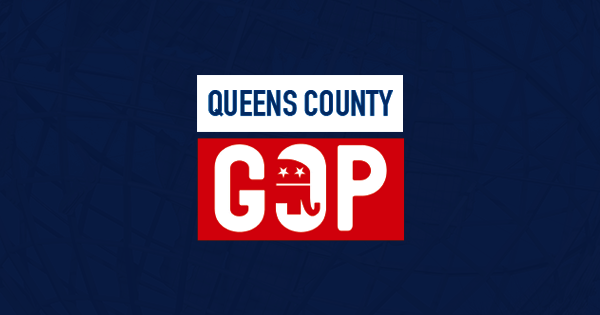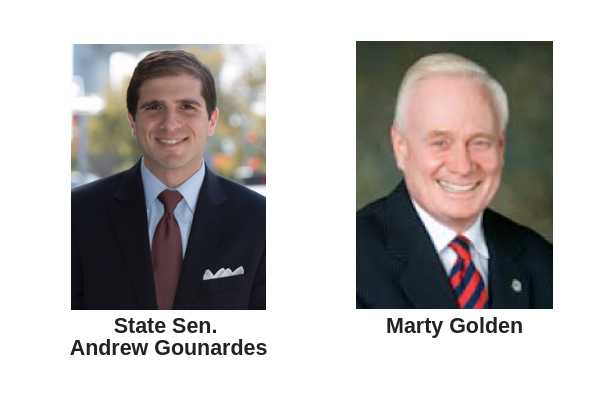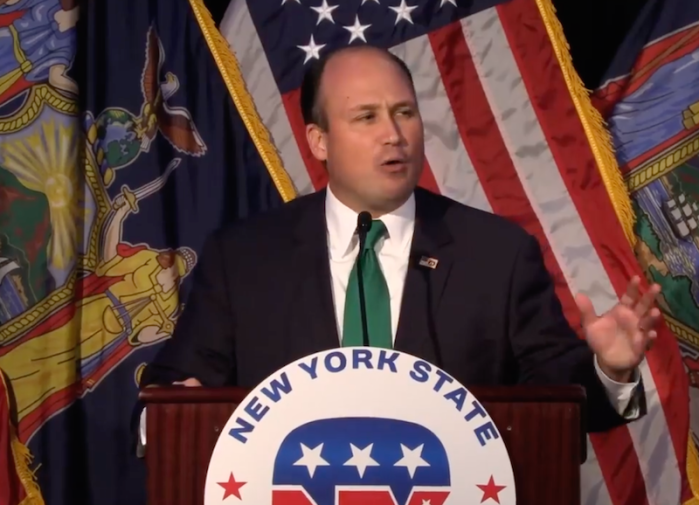There’s only a little over a month left before the June 28 primary, where voters will go to the polls and choose their Democratic and Republican nominees for governor, other statewide offices and representatives in the Assembly.
With this in mind, PoliticsNY asked the four candidates running in the Republican Primary for governor – Congress Member Lee Zeldin (D– Long Island), former Westchester County Executive Rob Astorino, former White House aide to ex-President Donald Trump Andrew Giuliani and businessman Harry Wilson – the following question:
How would you handle the budget process and governing in general should both chambers of the legislature remain under a Democratic controlled majority?
The following are each of their answers, which have been edited for length and clarity.
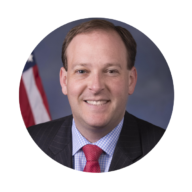
Lee Zeldin: On November 8th, we need to at least break the supermajorities in the state Senate and Assembly. It’s possible that with a very good night the State Senate will actually flip from Democrat to Republican. That’s an important factor to decide strategy in 2023.
As Governor, I’ll be willing to work with anyone to find common ground however possible to save our state. We have to reverse the attacks on our wallets, safety, freedoms and kids’ education. I’ll work with any member of the State Legislature willing to assist the cause.
I will use the budget process, home rule messages, and many other points of leverage to affect the positive outcomes New Yorkers are demanding. The voice and opinion of the public will be very helpful to achieve many of the desired solutions New Yorkers demand to restore New York to glory.

Rob Astorino: As governor, I will have tremendous leverage over the State Legislature, particularly in the budget process, and I will not hesitate to use my powers to address the ongoing crime wave, New York’s ridiculously high taxes, and its counterproductive regulatory system that inhibits business development and job growth throughout the state. I will also demand action on ethics reforms, including state term limits.
I have a long history of working with Democrats of good will to move an agenda forward. I led Westchester County for eight years as a genuine fiscal conservative while Democrats controlled the county legislature with significant majorities. I found there were many areas in which we could agree, and eventually formed a working bipartisan majority in the Legislature that helped transform Westchester.
This was made possible through vision, backbone, lots of communication, and a willingness to share credit for legislative victories.
When I was elected County Executive, for example, I pledged to lower taxes and hold spending flat, despite greater and greater mandate costs coming down from Albany. I explained to Democrats and special interest groups that I would not budge on spending or taxes, but was more than willing to bring them into the budget process early to find ways to more efficiently spend what dollars we had. It worked.
When I came into office, Westchester’s budget was $1.8 billion. When I left office eight years later, Westchester’s budget was $1.8 billion, while at the same never raising taxes, and actually cutting them.
As governor, I will always negotiate in good faith, and work with anyone who can help me help struggling New York families. That’s the way I naturally operate. At the same time, I won’t hesitate to use every bit of power at my disposal to demand action should the Democrats wish to play hardball.

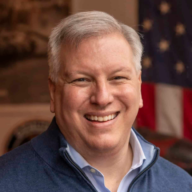
Andrew Giuliani: I intend to use the leverage afforded to me under the New York State Constitution and through the courts — as decided by Silver v. Pataki and Pataki v. Assembly — to produce the largest budget reduction in the history of the state of New York. New York’s budget, at $220 billion, is more than double that of Florida’s $97 billion, despite having roughly the same population. We owe it to New Yorkers to put an end to wasteful government spending.
Harry Wilson: We will rebuild the entire budget from the ground up, as I have done in company after company, focusing on serving the core needs of New Yorkers far better than we do today, while cutting waste and ineffective programs. I will also go after Kathy Hochul’s $8 billion dollar slush fund and corporate welfare programs that only benefit the political insiders. For some perspective, even with the $25 billion in reductions this process will yield, we will still be spending far more per capita than deep blue states like Massachusetts and California. Most importantly, our relentless focus on accountability will produce better quality services that meet the needs of New Yorkers better, at a lower cost.
No one else running for governor has the skill set or experience needed to develop this Turnaround Plan — or the courage to see it through. Under state law, if the legislature doesn’t pass a budget by March 31, they will not get paid until they do. I will negotiate in good faith, but I refuse to compromise on what New Yorkers need the most: lower taxes, a lower cost of living, better quality services and safer streets.
We know today that 49 other states do a better job than New York — delivering better services at a lower cost. And every business needs to thread this needle every day. The only reason Albany — the most broken state government in the country — does not is because it lacks a governor with the skills, experience and courage to drive a turnaround of New York. Instead, career politicians on both sides of the aisle are driving our state into the ground.
I have negotiated hundreds of far more complicated deals with stakeholders who said they would never change and that the organization could not be fixed—and I have managed to develop win-win solutions every time. New York State will be no different. By the end of 2023, New York will be a far more affordable, far more prosperous, and far safer place to live and work for all New Yorkers if I am elected governor in November.




